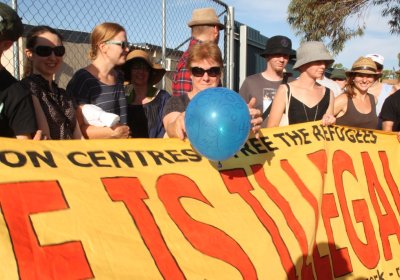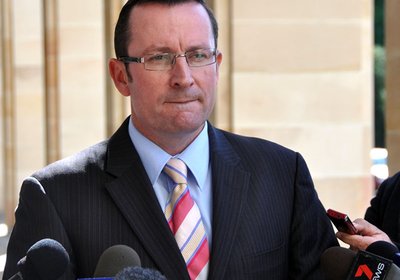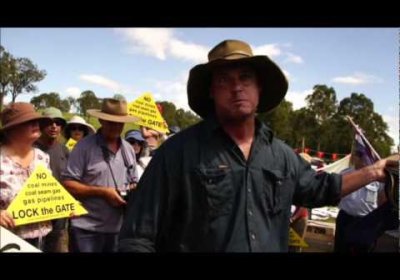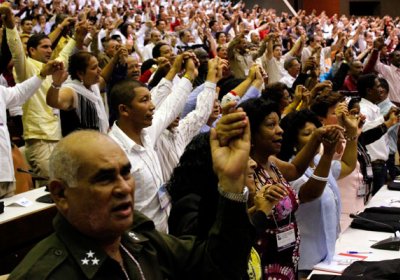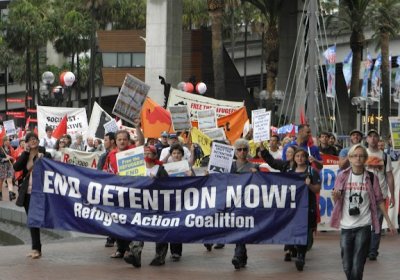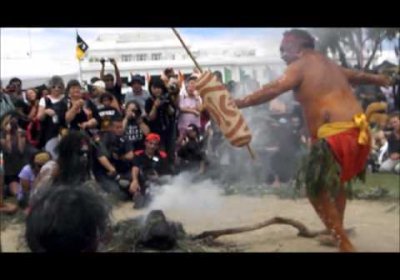908
Socialist Alliance and Refugee Rights Action Network member Alex Bainbridge posted this report from Leonora in remote central Western Australia on January 28. Photos and video by Zebedee Parkes.
The small town of Kerry, located on the Scenic Rim in Queensland's Beaudesert, is a prime food-producing area one hour from Brisbane. The land is now the site of a coal seam gas (CSG) exploration well.
The real story of the powerful march celebrating the 40th anniversary of the Aboriginal Tent Embassy was ignored by the mainstream media in favour of misleading and charged accounts of a confrontation of Australia's racist opposition leader Tony Abbott and PM Julia Gillard by protesters later in the day.
WTF happened? People gathered in front of Old Parliament House to celebrate the 40th anniversary of the Aboriginal Tent Embassy. The peaceful day was suddenly interrupted when someone announced that Tony Abbott was speaking to the press only meters away from the site.
- Previous page
- Page 3
- Next page


